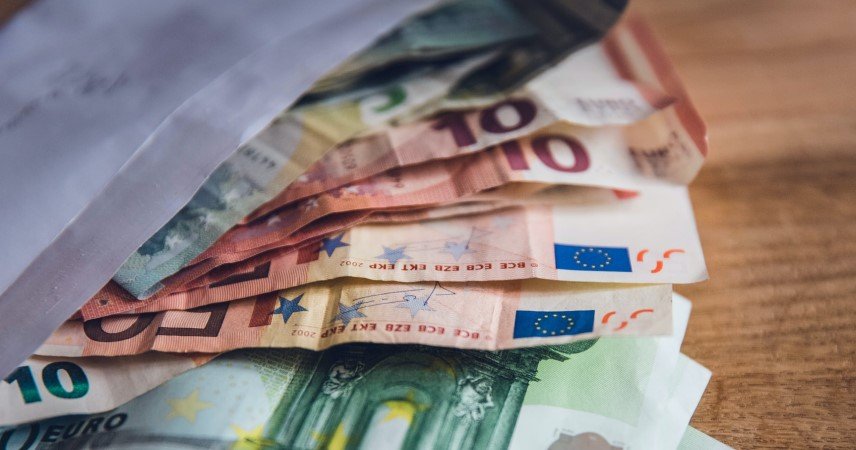New British Chancellor of the Exchequer, Jeremy Hunt, is reversing almost all of his predecessor’s tax cuts. According to Hunt, borrowing money to pay for tax cuts is irresponsible.
New British Prime Minister Liz Truss announced those cuts designed to boost economic growth three weeks ago. The British pound reacted positively to Hunt’s changed plans and appreciated it.
Truss and Hunt’s fired predecessor, Kwasi Kwarteng, wanted to borrow money to pay for spending and tax cuts. This created unrest in the financial markets. For example, interest rates on British government bonds shot up, and the pound fell sharply against the dollar. The British central bank was forced to intervene and bought billions in bonds to calm the bond markets. Those support purchases ended on Friday.
The turmoil in the financial markets already caused Truss and Kwarteng to reverse the tax cut for the richest Britons. In addition to Kwarteng’s resignation, Truss also announced on Friday that the tax for companies would be increased after all.
With the new measures, Hunt expects the British government to collect 32 billion pounds, converted around 37 billion euros. This includes scrapping plans to lower income taxes, scrapping a reduction in dividend tax and freezing a tax on alcohol.
Hunt also stated that the government’s massive energy support will only run until April next year. After that, the government must find new ways to help the most vulnerable households with high energy bills.



